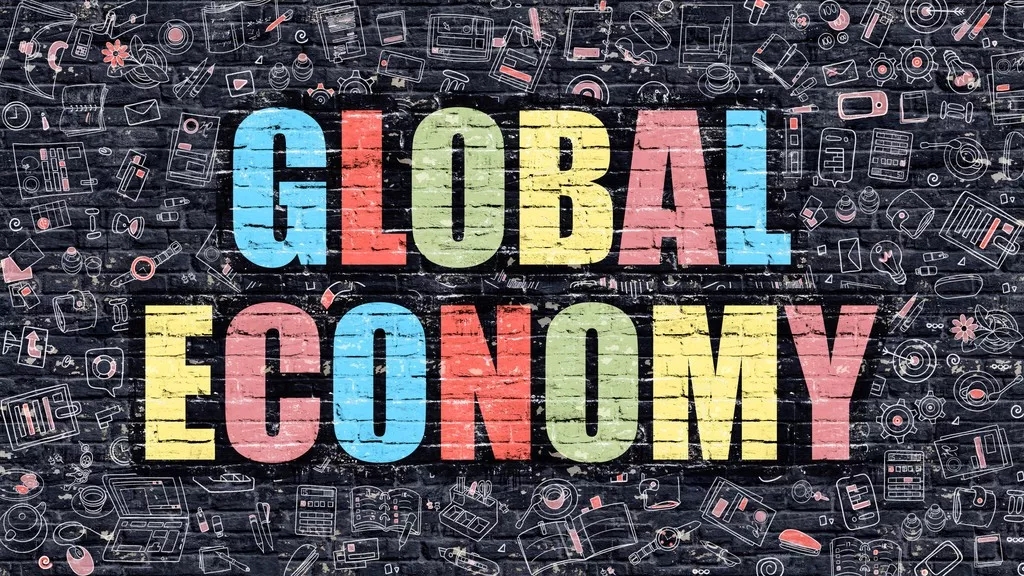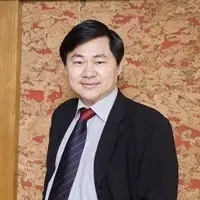Wang Huiyao: ‘Chinese wisdom’ to benefit economic globalization
August 06 , 2019
By Wang Huiyao |
President of the Center for China and Globalization(CCG)
Economic globalization is rooted in the development of a social productivity force, while technology innovation is the dynamic force driving social productivity. Today economic globalization has reached a stage of stagnation. Therefore, technology innovation is urgently needed to boost social productivity and revive the world economy.
At the recent Summer Davos Forum in Dalian, Liaoning province, Premier Li Keqiang said China’s reform and opening-up, as well as technology innovation, are significant to the world economy. He also said China is determined to deepen reform and opening-up.
Georgian Prime Minister Mamuka Bakhtadze and other leaders and experts also highlighted the importance of technological innovation. The rapid technological development of China was the focal point of multiple panel discussions at the forum.
In recent years, considerable progress has been made in China in the area of advanced technologies, such as 5G network, cloud computing and artificial intelligence.
Meanwhile, concerns about climate change and environmental issues are growing. As a result, technological innovation is needed to balance economic development and environmental protection in order to achieve sustainable development.
During a panel discussion on “Strengthening Chinese-Indian Ties”, China’s efforts in resolving climate issues were recognized by the international community. For instance, China has been protecting the natural environment in the Himalayan region in cooperation with India. Through such cooperation, China and India can not only develop mutual trust, but also contribute to the United Nations’ 2030 Sustainable Development Goals.
Economic globalization has created a multicultural and open society, which will, in turn, enhance economic globalization. Today, with anti-globalization, including populism, unilateralism and trade protectionism, on the rise, it is important for all countries to exchange ideas and thoughts, for only communication can strengthen multilateral cooperation to meet challenges.
China can make more efforts in several areas to promote economic globalization.
First, it should cultivate and attract international talent. Talent is the key to innovation. Taking the United States as an example, Stephen Moore from the Cato Institute, a think tank, said each foreign talent can bring in about $110,000 of human capital into the US. This shows the significance of talent to economic development.
China has been attracting international talent since its reform and opening-up. With the help of international talent and technological innovation, China has made several scientific and technological achievements in the areas of artificial intelligence and biotechnology.
At the crucial moment of economic globalization, China should give more importance to international talent. For instance, visa policies should be made flexible in order to make it convenient for foreign talent to work in China.
Second, China should engage in more multilateral cooperation in various fields with the United States, Japan, India, the European Union and other countries and regions. To develop a high-level open economy, China not only needs to actively participate in international and multilateral economic and trade cooperation, but also needs multilateral cooperation in such areas as scientific and technological innovation.
China can seize the opportunities provided by the Belt and Road Initiative and multilateral institutions to promote international cooperation. China could also propose more multilateral cooperation programs to connect with the world.
Third, China could improve laws and regulations on foreign investment and intellectual property rights. The Foreign Investment Law that the country passed this year will take effect on Jan 1. Once the law is implemented, the investment environment in China will be more healthy and friendly.
Premier Li said in his opening remarks at the Summer Davos Forum that China’s investment environment will become more open, transparent and predictable.
As China deepens its engagement with the world’s economies, it is more important for it to follow international standards in terms of industry internationalization. Domestic industry associations and organizations should work with the government to promote China’s industry internationalization and sustainable development.
In addition, China can participate in setting international standards to encourage more engagement of Chinese companies in economic globalization.
Economic globalization has tied all countries together with more opportunities and challenges. In this crucial period of economic globalization, China will deepen reforms with an open and more innovative attitude, bringing more “Chinese wisdom” to economic globalization.

Dr. Wang Huiyao is president of the Center for China and Globalization, the largest independent think tank in China, with over 100 researchers and members of staff.
From China Daily,2019-08-01
Topical News See more






